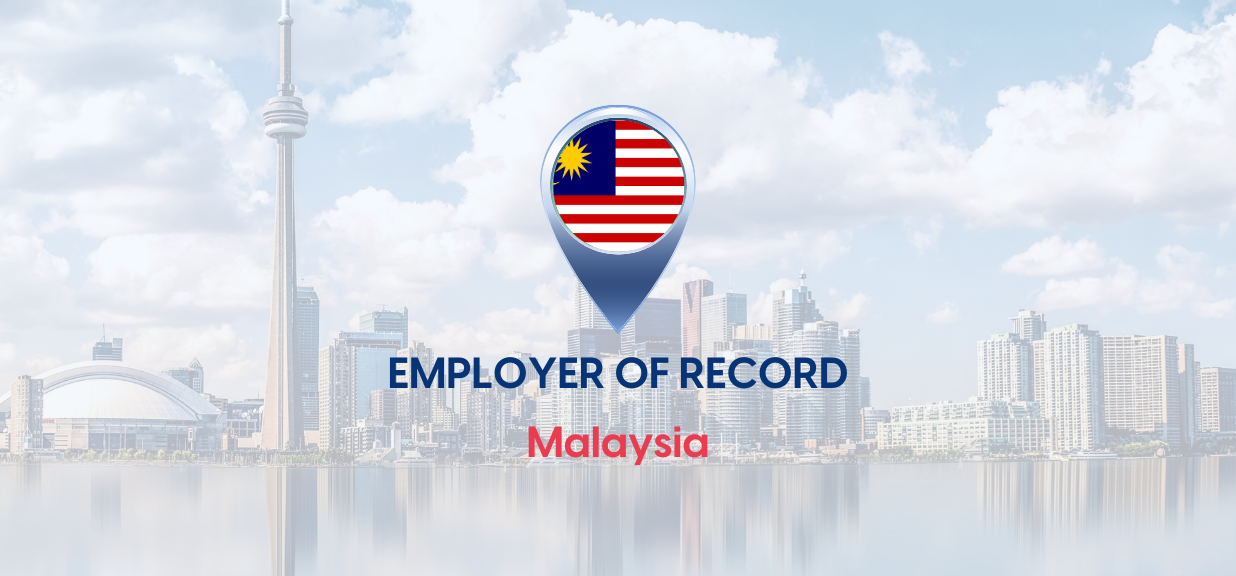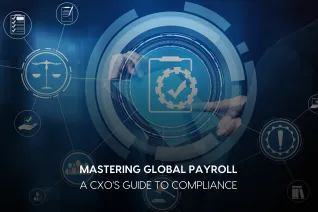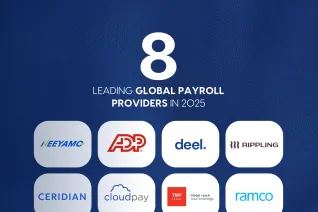Country Spotlight: Employer of Record in Malaysia

Is the global talent search leaving you behind?
Look no further than Malaysia.
Malaysia's impressive economic leap – from low-income to upper-middle-income in just a generation – is a testament to its potential. This powerhouse nation offers a skilled workforce, strategic location, and thriving economy – the perfect launchpad for your global expansion.
Imagine your team flourishing in a vibrant, diverse environment – bustling cities or scenic landscapes, Malaysia has it all.
Ready to unlock your potential in Southeast Asia? Let's discuss how Malaysia can propel your business forward.
While the process is generally straightforward, additional regulations exist for hiring foreign workers. These include obtaining specific permits and ensuring employment terms comply with Malaysian labor laws. Having clear and well-drafted employment contracts is essential to avoid misunderstandings and guarantee adherence to these nuances. Additionally, employers must maintain detailed employee records for a specified period of not less than six years, as mandated by law.
Malaysia's minimum wage varies by region. Employers should pay at least the minimum wage applicable to their location to stay compliant. Overtime work is also compensated. Employees are entitled to a premium pay rate of at least 1.5 times their hourly wage for any hours exceeding the standard workweek. There's also a limit on overtime hours—the employer can mandate a maximum of 104 hours per month.
ALSO READ I Malaysia: A Guideline to Payroll and Employer of Record
Employee Data Protection
Keeping employee data safe and secure is crucial. The Personal Data Protection Act (PDPA) plays a vital role in Malaysia. This law requires employers to be transparent about collecting, using, and storing employee data. This transparency is achieved through a written notice that explains everything clearly and understandably for all employees.
In some cases, employers might even need employee consent before processing specific types of personal data. However, the PDPA goes beyond just transparency and consent. It also emphasizes data security. Employers must implement appropriate security measures to safeguard employee data from unauthorized access, disclosure, loss, or damage. After all, we're talking about sensitive financial and personal information!
The PDPA also empowers employees. They have the right to access and correct any inaccuracies in their personal data held by the employer. It's a two-way street of responsibility and accountability.
It's important to note that the PDPA has some exemptions for personal data used solely for the employer's personal affairs. However, the PDPA's principles generally apply to data related to payroll, benefits, and other employment matters.
While Malaysian law doesn't have specific regulations on employee monitoring, the PDPA's principles of transparency and justification are still relevant. Employers should be clear about monitoring activities and balance legitimate business needs with employee privacy.
ALSO LISTEN I Payroll Passport Ep 14. Malaysia
Managing Remote and Foreign Workers in Malaysia
The Malaysian employment landscape is evolving. It's crucial for employers to understand the Employment Act (1955), which allows employees to request flexible working arrangements, including remote work options. The significant rise in remote work requests necessitates employers to adapt their practices in compliance with these laws.
Compliance Considerations:
- Social Security and Workplace Safety: The Social Security Organisation (SOCSO) now covers work-from-home situations. Employers should ensure safe and healthy remote work environments, adhering to the Occupational Safety and Health Act (1994). Establishing minimum standards for remote workspaces is advisable.
- Permits & Taxes: Remote workers' work permit requirements and tax residency status are crucial. Consulting an integrated mobility and payroll provider would provide a one-stop solution for cross-border global payroll and tax requirements, streamlining operations and reducing discrepancies.
ALSO READ I The Neeyamo - Vialto Partners Alliance
- Employee Visas: Remote workers in Malaysia can choose between the Professional Visit Pass or the DE Rantau Nomad Pass. Both offer stays of 3-12 months (extendable) with multiple entries. However, the DE Rantau Pass caters specifically to digital nomads, requiring a minimum annual income of US$24,000. This visa option allows employers to tap into a pool of skilled remote workers without needing to provide benefits or comply with local employment laws, as these workers are considered independent contractors.
- Foreign Workers: Valid work permits and visas are mandatory for foreign employees. Permit types dictate payroll deductions and social security contributions, while tax residency determines income tax withholding.
- Employment Contracts: Clear and comprehensive employment contracts are essential for both remote and foreign workers. These contracts should define work location, applicable laws, and payroll details.
Thus, remember that employers remain responsible for complying with Malaysian payroll regulations, deductions, and contributions, such as the Employees Provident Fund (EPF), regardless of employee location or nationality.
It might now seem that managing a remote workforce across borders can be a headache – complex regulations, compliance hurdles, and logistical nightmares. With Neeyamo's Global Work solution - powered by our Employer of Record (EOR) expertise - you can streamline global workforce management and boost scalability and flexibility.
Don’t let borders limit your international team’s potential. Contact us today to discover how Neeyamo's Global Work solution can provide the support and guidance you need to build a thriving international team, without the complexities of compliance getting in your way!
Latest Resources
Stay informed with latest updates
If you're curious and have a thirst for knowledge pertaining to the HR, payroll, and EOR universe, don't miss out on subscribing to our resources.
















